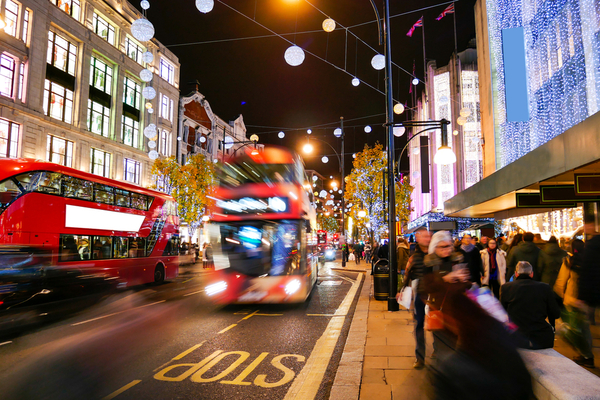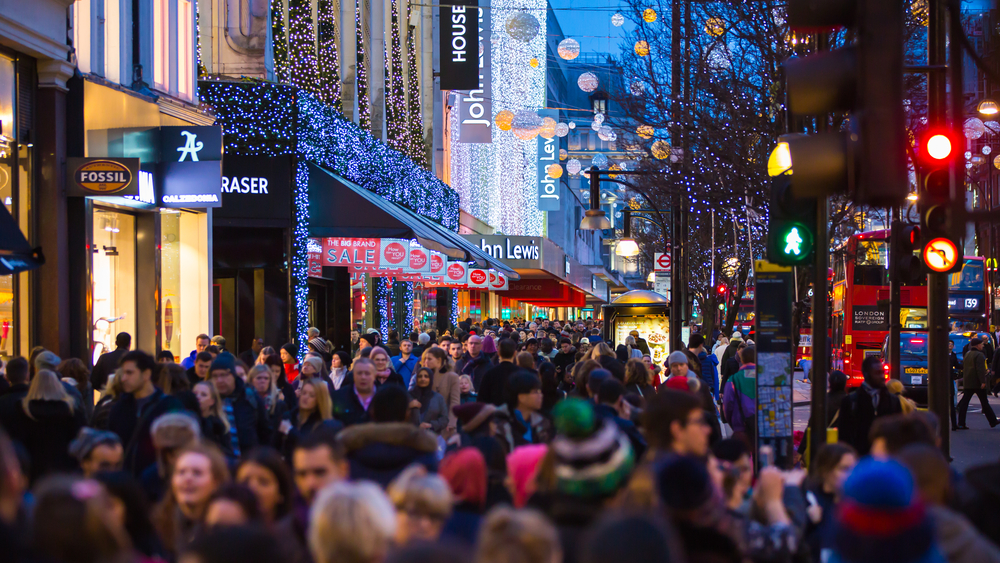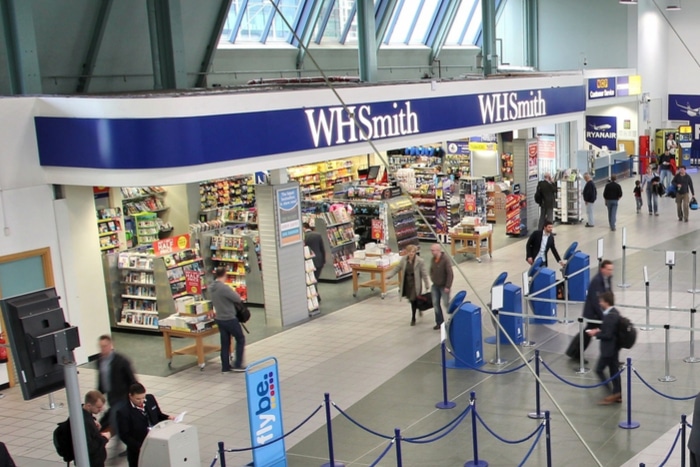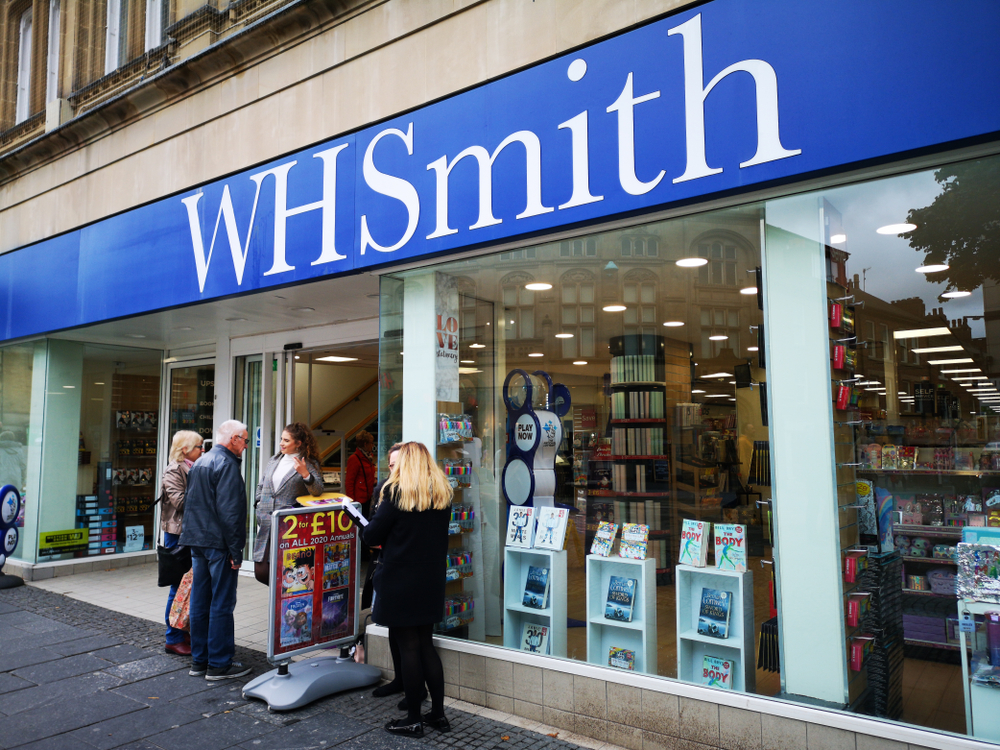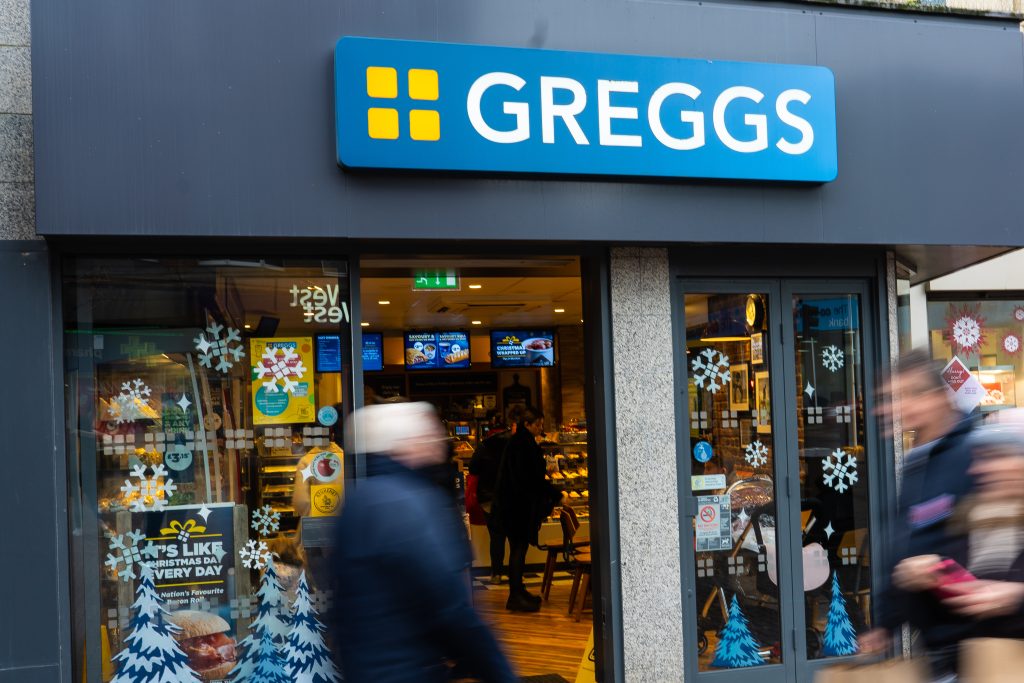Future Stores, a new concept store that opens on Oxford Street next week, is looking to “reinvent” retail with a highly immersive shop.
With a £20m investment, the store on 95 Oxford Street brings the latest cutting edge technology to a bricks-and-mortar setting and aims to make shopping a truly interactive experience.
Future Stores founder, US-based Israeli tech entrepreneur Ariel Haroush, has big plans for the concept with a second London site under consideration, and expansion already afoot in Paris and New York.
He says the concept is needed as traditional retail is struggling to keep shoppers engaged. “You’ve been to one Zara, you’ve been to them all. The high street is just not as engaging for shoppers,” Haroush asserts.
“Today’s shoppers are driven by TikTok-length attention spans, and traditional retail simply can’t keep up with Gen Z and Gen Alpha,”
“Our concept is the answer—an electrifying blend of creativity, technology, and multi-sensory design that feels like stepping into the future. It’s about giving consumers and brands what they crave: an engaging, meaningful experience.”
US tech giant Intel will be first to host what it terms “the world’s most advanced retail store” which will sell the brand’s newly-launched AI PCs when it opens on October 30, allowing customers to play games live in-store.
More than a billboard
The two-floor Oxford Street store spans 4,682 sq ft of “stunning high-definition Micro LED displays, monumental billboards, and cameras”.
But this is not just a place for eye-catching visuals and brand building, it’s also designed to be transactional too.
The store houses an integrated payment system, enabling brands to turn the space into a point of sale and a stockroom on the basement floor. Retailers also benefit from a wealth of data and insights collected in the space that reveal everything from dwell time, customer journey, and traffic patterns both inside and outside the store.
Future Stores MD Engin Celikbas explains: “Today, leveraging data to create personalised experiences isn’t a luxury – it’s a necessity. This insight allows us to engage with consumers on a deeper level, enhancing conversion rates and boosting customer satisfaction.”
Another driving force for Haroush is making the high street more accessible for emerging brands.
“New designers can’t just sign a 10-year lease – they’ve only just started.” Future Stores, he adds, offers these innovators a chance to showcase their products in a space that feels like a flagship store. We are democratising the High Street.”
But how does the store work?
Haroush explains that Future Stores provides an “awareness piece” where customers can see and experience the store from the outside, just like a billboard but then take a step inside.
While chatting with the founder, the effectiveness of this concept was clear. Countless shoppers on Oxford Street stopped to take a peek and when Future Stores team member greeted them, they simply responded, “We were just so curious – what is this?”
The high-resolution display technology offers a higher level of visual engagement and can allow retail brands to create unique customer experiences.
Imagine a concept for Formula 1, with cars racing across the ceiling accompanied by crystal clear spatial audio, or an ‘Emily in Paris’ concept from Netflix, where consumers can step inside Emily’s wardrobe and easily purchase all her favourite products.
The technology allows the space to be so fluid, the entire installation can change at the drop of a hat. If a campaign isn’t resonating with consumers, you can switch gears completely.
Haroush does not want Future Stores to stand still either. The aim is not just to maintain a high street presence but to continually evolve and push boundaries.
A significant part of its strategy involves collaborations and partnerships, with brands big and small.
Click here to sign up to Retail Gazette‘s free daily email newsletter





